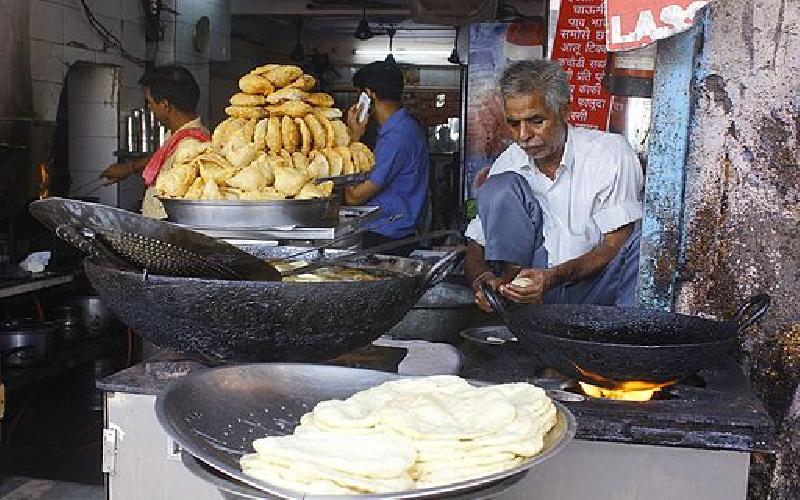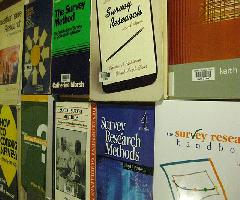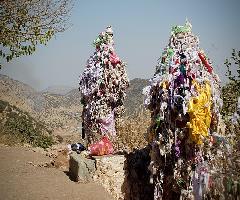Independence has been the buzzword in the twentieth century, when freedom from colonial rule was the single most important aspiration harbored by hundreds of millions across the world. In 21st century, we have heard almost an echo of that sentiment - a demand for freedom from tyrannical regimes, some of which sustained while the other dies down midway in chaos. Yet, a point that is missed today, as much as it was earlier, is that political freedom is only a means. What matters in the end, is economic freedom of the masses...
Limitations of Political Freedom
Second half of twentieth century saw
an independence from the colonial rules in the third world. Since then, many of these countries have made great progress. However, freedom has not always been a panacea for all of their ills. In fact, many of them find themselves today in more or less as bad a situation as they were earlier, and unlike earlier times, they cannot shift the blame to foreign powers anymore.In recent times, the example of Egypt is there for everyone to see. A few years back, it was all about freedom from the dictators, and democracy. The people demanded an end of the Mubarak regime, and got it too, only to be caught further in the triangular struggle between liberals, military and the Islamists. The chaos that ensued and the resultant consequences do not suggest a very bright course for the Egyptian economy, with the possibility of further reactions about the current regime, and greater political upheavals always looming large.
Then there is the example of democracies in the third world. Not all of them have really been able to pull themselves out of the mess that they have created for themselves. Among the two prospective giants, India and China, it is China with its highly authoritative political regime rather than the highly democratic India that seems to be approaching its potential in recent decades. If that is a valid comparison, then democracy or political freedom does not seem to translate very easily in success.
Political Vs. Economic Freedom
An analysis of the economic consequences of the Colonial regimes of the twentieth century will show that these Colonial regimes often did not interfere in the private and social life of the people. In fact, in several places, they did not even dislodge the local monarch. Yet these regimes were highly oppressive, because they stifled the colonial economy into submission before their industrial might with policies that drained their resources, killed traditional industries, prevented their modernization, subjected them to oppressive tariff and non-tariff restrictions, and most importantly, killed local entrepreneurship. Colonial rule was regressive because it killed economic freedom. Political oppression was only a means of achieving economic oppression.
Unfortunately, in most third world, the colonial masters were replaced after independence by equally repressive regimes, particularly so in the sphere of economic freedom. In these traditional societies, suppression of political freedom raises negative sentiments far more easily compared to the restrictions on economic freedom, which is not even properly understood by the economically illiterate masses. The neo elite political masters in developing countries utilized these factors, often with the rhetoric of socialism and
communism with such impunity that economic freedom of masses was reduced even further. The results are there for all to see. In spite of the several decades of political freedom, billions of dollars in aid and the drastic reduction in the cost of technology, many of these developing countries continue to struggle with themselves.The Consequences of Poor Economic Freedom
Clearly, the inability of these states to provide economic freedom to their people has been the greatest obstacle in their development aspirations. Human development cannot take place without economic development, and the latter requires economic entrepreneurship, accumulation of skills and technology and sustained growth of capacity to produce efficiently. None of it can happen if economic agents in society caught in the shackles of mindless restrictions, often aimed at creating rent seeking opportunities for the new masters of society. So much is the oppression resulting from poor laws, badly framed and often arbitrarily implemented rules, bureaucratic delays and red tapism and worst of all, endemic corruption that undertaking an economic activity of production in these countries has often remained a nightmare.
Bureaucratic obstacles, rent seeking and institutional inefficiencies have been the greatest bane for economic revival in most developing countries. In most of these countries, freedom of doing business is very low, as indicated by the regular reports published by the World Bank. This also leads to aggravation of inequality, since the plight of the poorest, those who must earn something every day to survive, is the worst. In these labor surplus and capital scarce societies, jobs come at a very high premium, and wages for unskilled workers never rise above the subsistence level.
For an ordinary soul, an attempt to indulge in petty entrepreneurship means accepting extortion and harassment from all and sundry, as illustrated by the plight of hawkers that try to sell something on roads, bus stands or side streets, to make their two ends meet. Just to be able to carry on their enterprise, they have to bear heavy costs in the form of illicit payments to authorities of all kind, at a proportion that is many times of what even the most oppressive tax regimes would contemplate. These illicit taxes are, of course, not the only costs for them. There also face high costs of transactions, capital and justice.
In the end, it all adds up to create a disincentive against economic endeavors and productivity. Unless these states are able to improve the level of economic freedom for their people, unless they create an environment, where a hungry man is free to indulge in economic activities that will earn him his bread, all attempts to improve their economic plight will only be for the records... and for the rhetoric, especially where the power is cornered by elected parties... from votes garnered from people, who are economically illiterate and have no alternative choices to opt for!!










